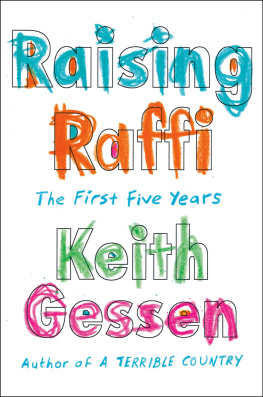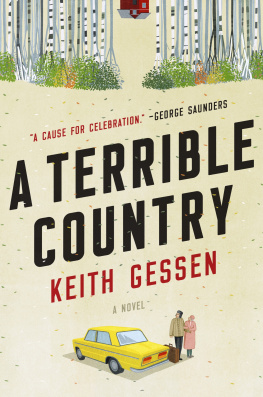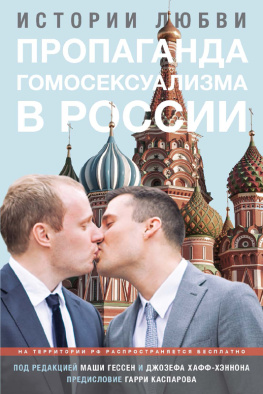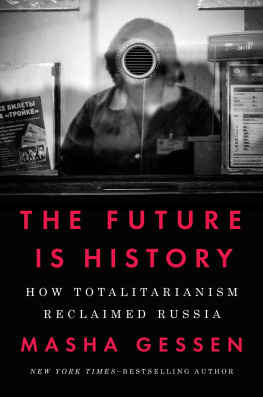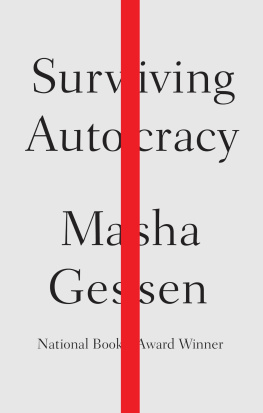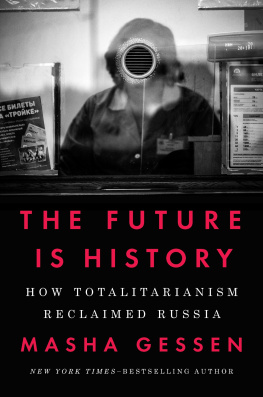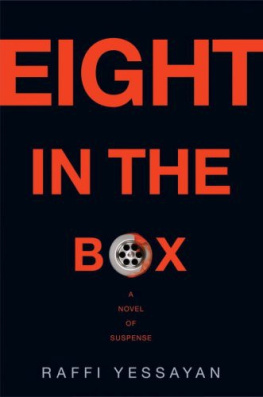Keith Gessen - Raising Raffi: The First Five Years
Here you can read online Keith Gessen - Raising Raffi: The First Five Years full text of the book (entire story) in english for free. Download pdf and epub, get meaning, cover and reviews about this ebook. year: 2022, publisher: Penguin Publishing Group, genre: Non-fiction. Description of the work, (preface) as well as reviews are available. Best literature library LitArk.com created for fans of good reading and offers a wide selection of genres:
Romance novel
Science fiction
Adventure
Detective
Science
History
Home and family
Prose
Art
Politics
Computer
Non-fiction
Religion
Business
Children
Humor
Choose a favorite category and find really read worthwhile books. Enjoy immersion in the world of imagination, feel the emotions of the characters or learn something new for yourself, make an fascinating discovery.
- Book:Raising Raffi: The First Five Years
- Author:
- Publisher:Penguin Publishing Group
- Genre:
- Year:2022
- Rating:4 / 5
- Favourites:Add to favourites
- Your mark:
- 80
- 1
- 2
- 3
- 4
- 5
Raising Raffi: The First Five Years: summary, description and annotation
We offer to read an annotation, description, summary or preface (depends on what the author of the book "Raising Raffi: The First Five Years" wrote himself). If you haven't found the necessary information about the book — write in the comments, we will try to find it.
Raising Raffi: The First Five Years — read online for free the complete book (whole text) full work
Below is the text of the book, divided by pages. System saving the place of the last page read, allows you to conveniently read the book "Raising Raffi: The First Five Years" online for free, without having to search again every time where you left off. Put a bookmark, and you can go to the page where you finished reading at any time.
Font size:
Interval:
Bookmark:
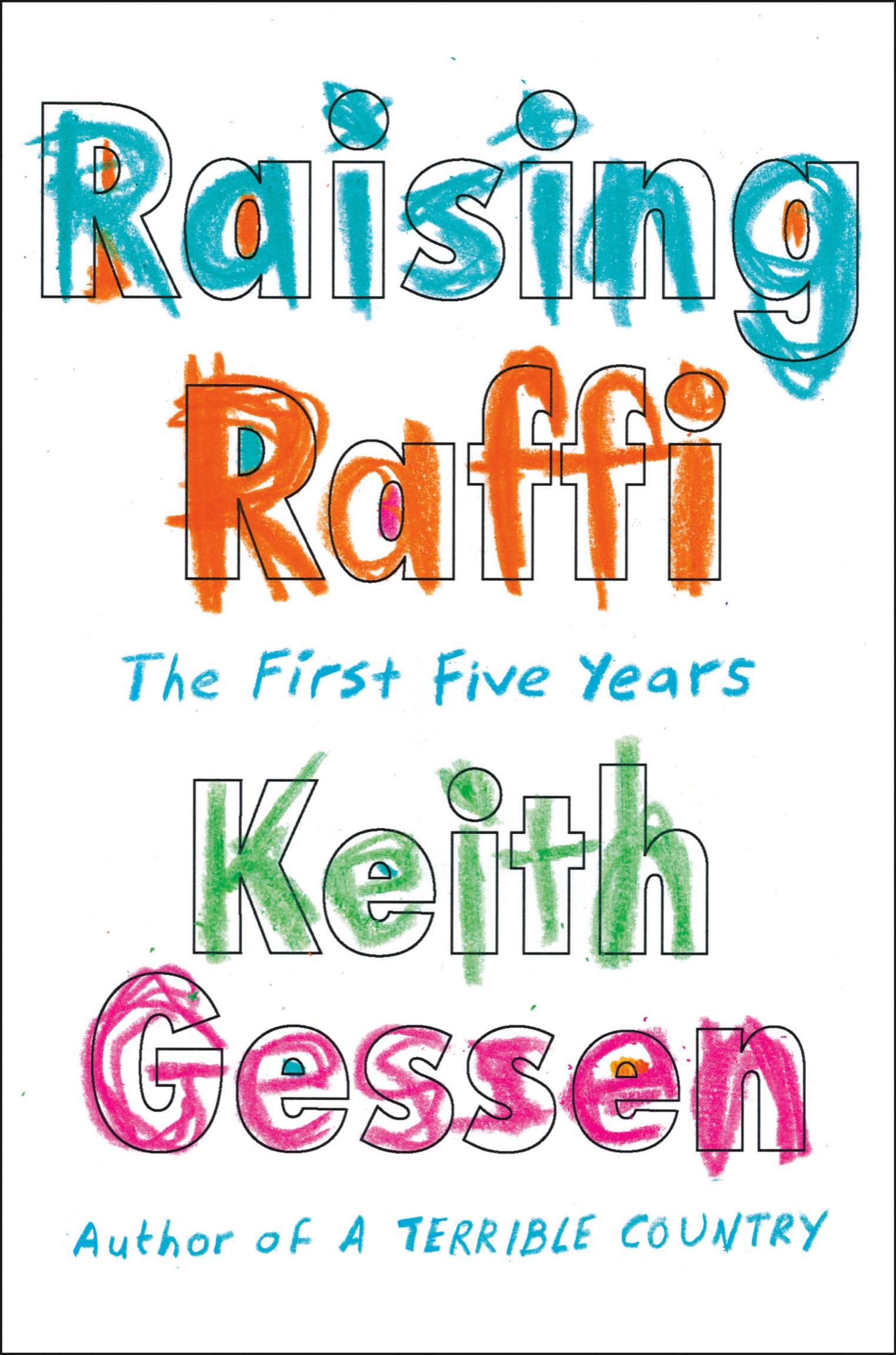
All the Sad Young Literary Men
A Terrible Country
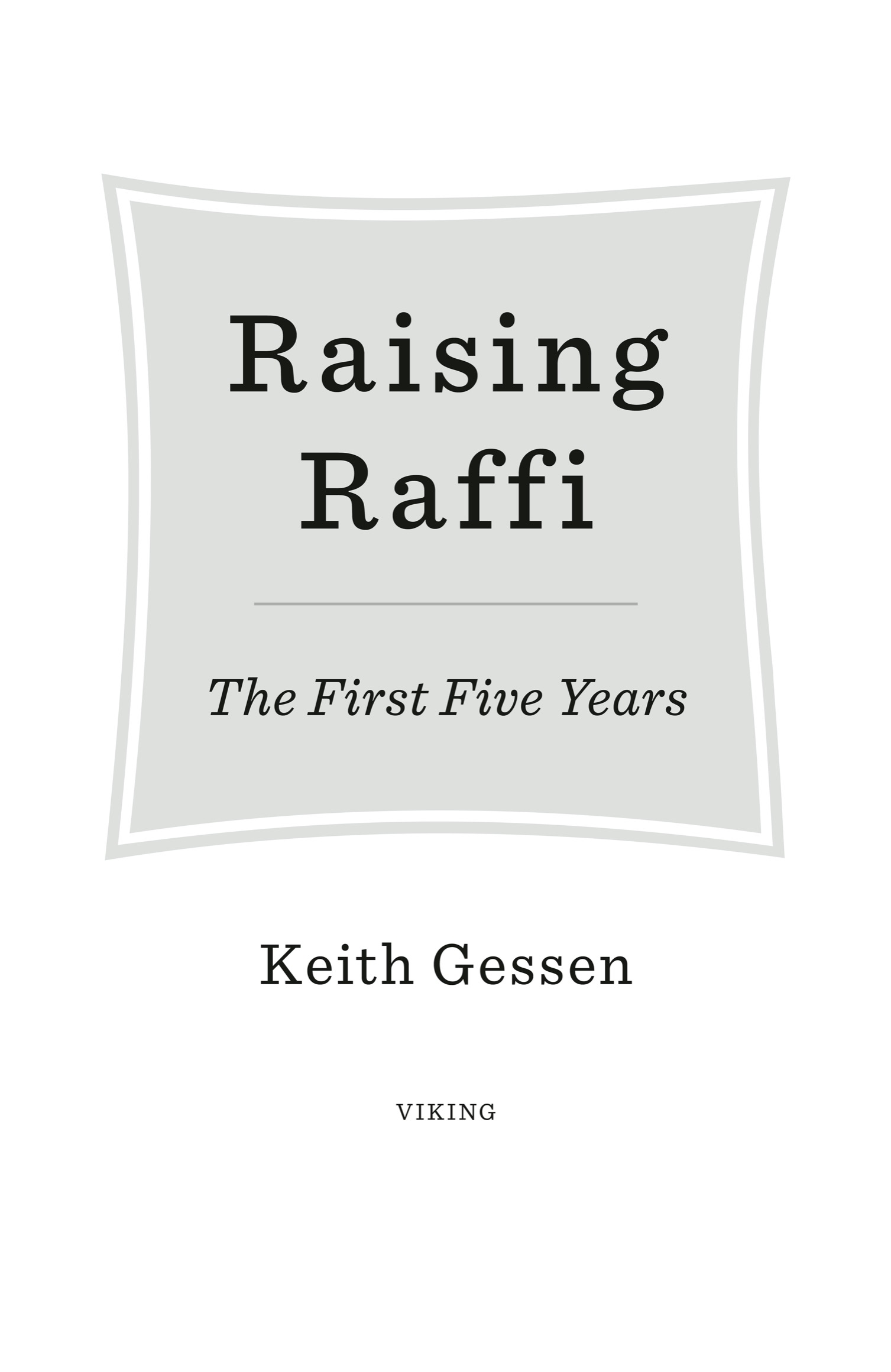
VIKING
An imprint of Penguin Random House LLC
penguinrandomhouse.com
Copyright 2022 by Keith Gessen
Penguin Random House supports copyright. Copyright fuels creativity, encourages diverse voices, promotes free speech, and creates a vibrant culture. Thank you for buying an authorized edition of this book and for complying with copyright laws by not reproducing, scanning, or distributing any part of it in any form without permission. You are supporting writers and allowing Penguin Random House to continue to publish books for every reader.
The following essays were published previously in different form and some under different titles: Home Birth as I Had No Idea What Fatherhood Was Going to Be Like (The Cut), Say It in Russian as Why Did I Teach My Son to Speak Russian? (The New Yorker), Love and Anger (The New Yorker), A School for Raffi as School Daze (n+1), King Germ as What Is Distance Learning For? (The New Yorker), and Game Time (The New York Times Magazine).
Grateful acknowledgment is made for permission to reprint the following:
Translation of This Is How Hunger Begins by Daniil Kharms. Translated by Robert Chandler. Used with permission of the translator.
A Man Once Walked Out of His House, by Daniil Kharms from Oberiu: An Anthology of Russian Absurdism, translated by Matvei Yankelevich and Eugene Ostashevsky. Evanston: Northwestern University Press, 2006, p. 140. Copyright 2006 by Northwestern University Press. Published 2006. Used with permission of Northwestern University Press. All rights reserved.
ISBN 9780593300442 (hardcover)
ISBN 9780593300459 (ebook)
Cover design: David Litman
Designed by Cassandra Garruzzo Mueller, adapted for ebook by Cora Wigen
pid_prh_6.0_140163109_c0_r0
For Emily
I wrote this book out of desperation.
For the first few months of my son Raffis life, I felt like I was merely surviving. Through the sleeplessness and terror, I put one parenting foot in front of the other and tried not to look too far ahead. But when this passed, what I wanted, more than anything, was to talk. I had never before experienced such a contradictory mass of feelings; had never engaged in an activity so simultaneously mundane and significant; had never met anyone like screaming two-month-old Raffi, or cuddly one-year-old Raffi (Uck, he would say, when he wanted a hug), or scourge of our household two-and-a-half-year-old Raffi. Through each of these phases I was amazed by his transformations, his progress, and my own complicated reactions. I wanted to know if other people were going through the same.
Parents talked, of course. My wife, the writer Emily Gould, and I talked all the time about Raffi, and we sought out other parents on the playgrounds, on street corners, even on the subway. Some of us, when we talked, couldnt help but brag. He started sleeping through the night last week, someone might say, alienating their interlocutor forever. Or: His grandparents took him for the weekend, and we slept late. (An active in-town grandparent was worth, by my informal calculations, about forty thousand dollars a year.) Others went in the other direction. Their child wouldnt nap; he threw his food onto the floor; he bit a kid in day care. Emily and I were in the self-deprecating camp. But of course this left out something, toothe physical joy of being with Raffi, the hilarity of much of what he did. There was, in short, a limit to what you could get at when chatting with other parents. I felt like these conversations never went far enough.
There were books about parenting. Some of them were very good; most were not. In its main current, parenting literature was the literature of advice. The books diagnosed a sicknessyour childs sleep problem, your sons behavior issueand promised to solve it. When the solution didnt work, you blamed yourself. Then you sought out another book, one that would work better, and went through the cycle again.
There was a particular gap, I thought, in the dad literature. In the few books out there, we were either stupid dad, who cant do anything right, or superdad, a self-proclaimed feminist and caretaker. I was sure those dads existed, but I didnt know any. The dads I knew took their parenting responsibilities seriously, were not idiots, and did their best around the house and with the kids. With some notable exceptions, they did less parenting than their spouses. (The gay dads I knew hired a lot of child care.) Nonetheless, they thought it was one of the most important things they were going to do with their lives.
At the time I started working on this book, when Raffi had just turned three, I was supposed to be doing other things. I had a novel coming out that I needed to promote, and then a nonfiction book on U.S.Russia relations that I should have been researching. But I couldnt stop thinking about Raffi: about our situation with him; about the situation of all parents with their little kids. I began taking notes and eventually I started writing these essays.
I felt ridiculous about it at times. To write about parenting when you are a father is like writing about literature when you can hardly read. Almost without exception, in every male-female relationship I encountered, the mothers knew more about their kids than the fathers and parented them better. My own relationship was no exception. Emily was an extremely well-informed parent who also, not long after Raffi was born, started writing occasional essays about him. I love those essays as much as anything she has written. But there were things that I did with Raffitalk Russian, play sports, yell in Russianthat were particular to my experience. And I came to think there was some value in recording my own groping toward knowledge in this most important of human endeavors, a kind of record of a primitive consciousness making its way toward the light. I was part of the first generation of men who, for various reasons, were spending more time with their kids than previous generations. That seemed notable to me.
I recently asked my own father if he remembered my second-grade teacher, Ms. Lynch, because I had just called her up to interview her about education. He said he didnt, and wouldnt. But you must have gone to the parent-teacher conferences? I said. Oh no, said my dad. I was at work. My father had relocated us halfway around the world so that we wouldnt have to grow up in the Soviet Union; drove me to every single hockey game I ever played in from the ages of six to sixteen, which was hundreds of hockey games; almost never traveled for work; and taught me math, physics, how to drive, and how to throw a left hook. He was hardly an absent father. But to him the idea of attending a parent-teacher conference was risible, whereas I consider the quarterly parent-teacher conferences for Raffi major events in my life.
This book consists of nine essays, arranged by subject: birth, zero to two, bilingualism, discipline, picture books, schools, the pandemic, sports, and cross-cultural parenting. Each of the essays describes my experience as a parent; draws on some of the literature and conversations Ive found most helpful (or unhelpful) in thinking through this experience; and comes or doesnt come to a conclusion. Ive tried to make it so that the essays can be read independently, if a busy parent doesnt have any interest in, for example, bilingualism; but Ive also sought to avoid repetition and placed things in a more or less chronological way so that a reader going through the entire book can see Raffi (and me and his mother) slowly moving into the future.
Font size:
Interval:
Bookmark:
Similar books «Raising Raffi: The First Five Years»
Look at similar books to Raising Raffi: The First Five Years. We have selected literature similar in name and meaning in the hope of providing readers with more options to find new, interesting, not yet read works.
Discussion, reviews of the book Raising Raffi: The First Five Years and just readers' own opinions. Leave your comments, write what you think about the work, its meaning or the main characters. Specify what exactly you liked and what you didn't like, and why you think so.

